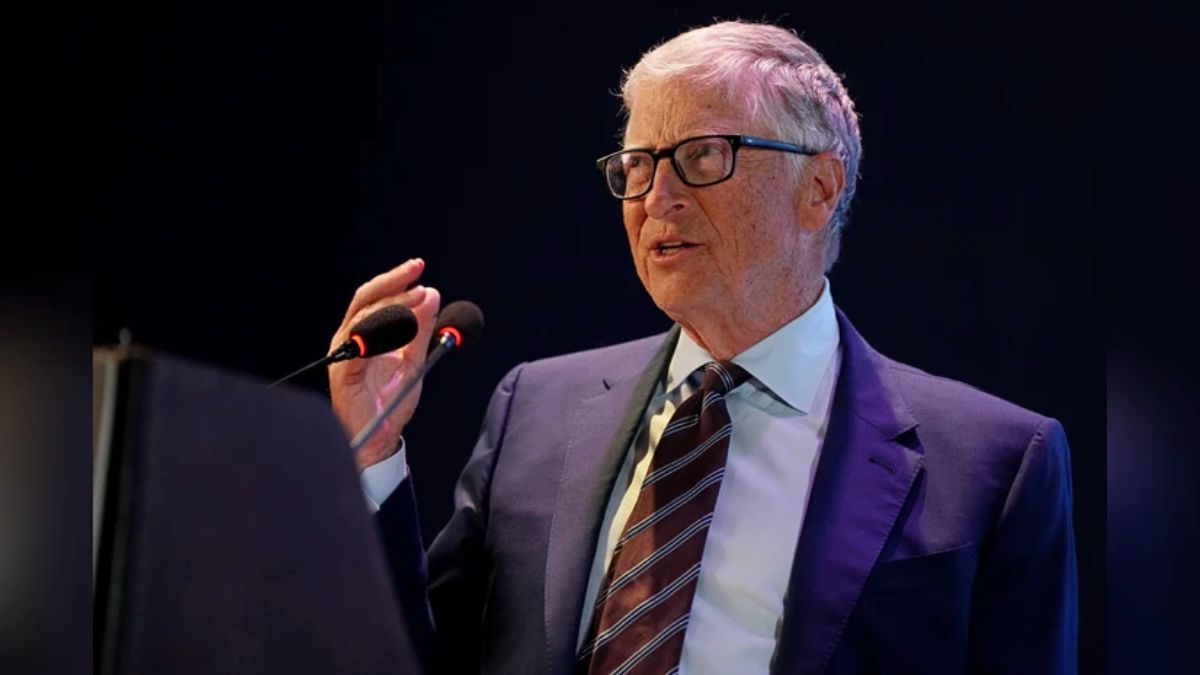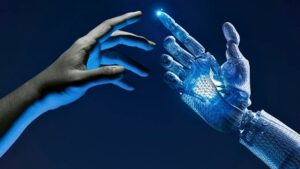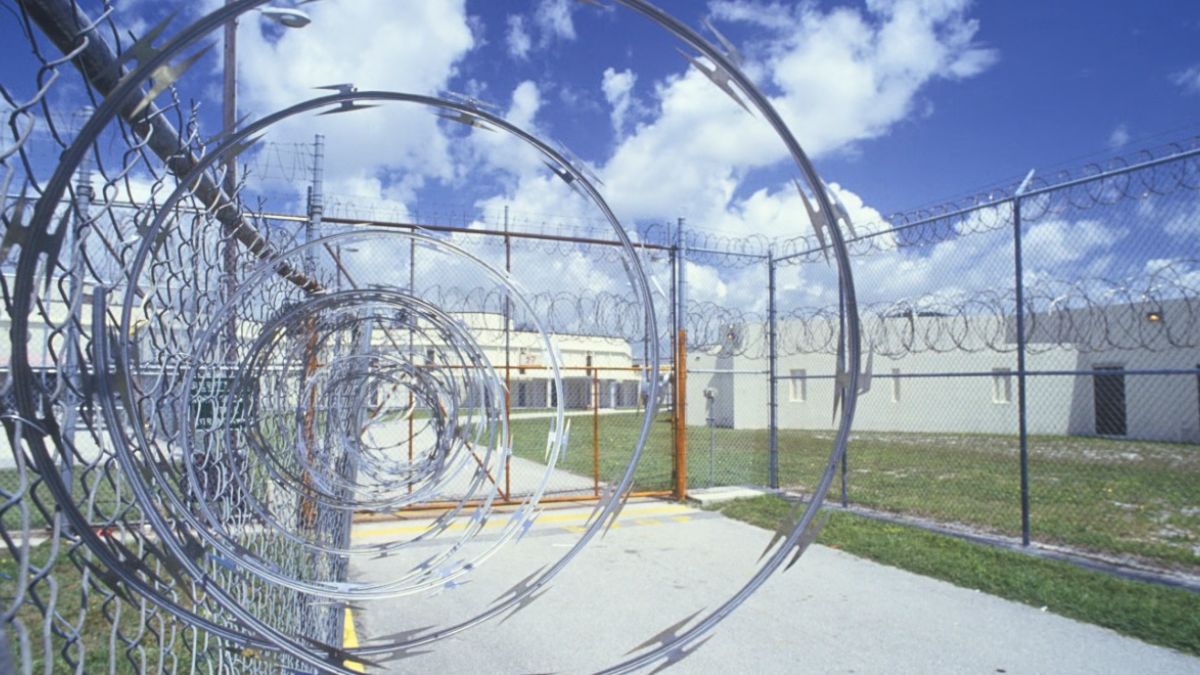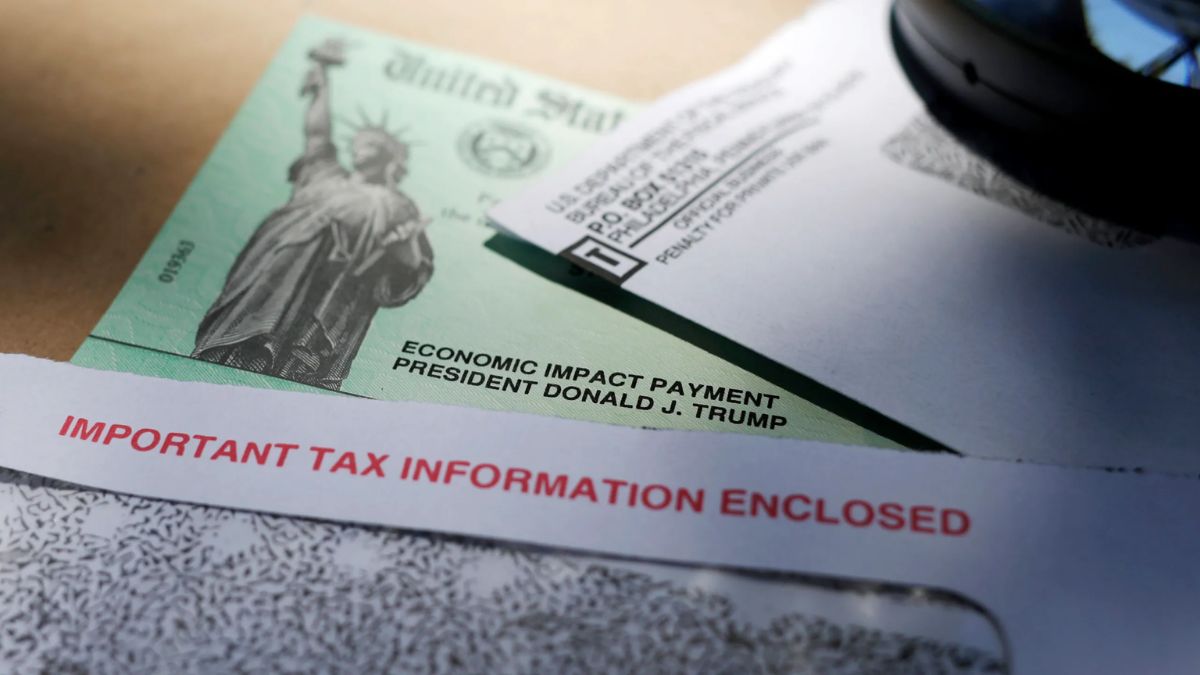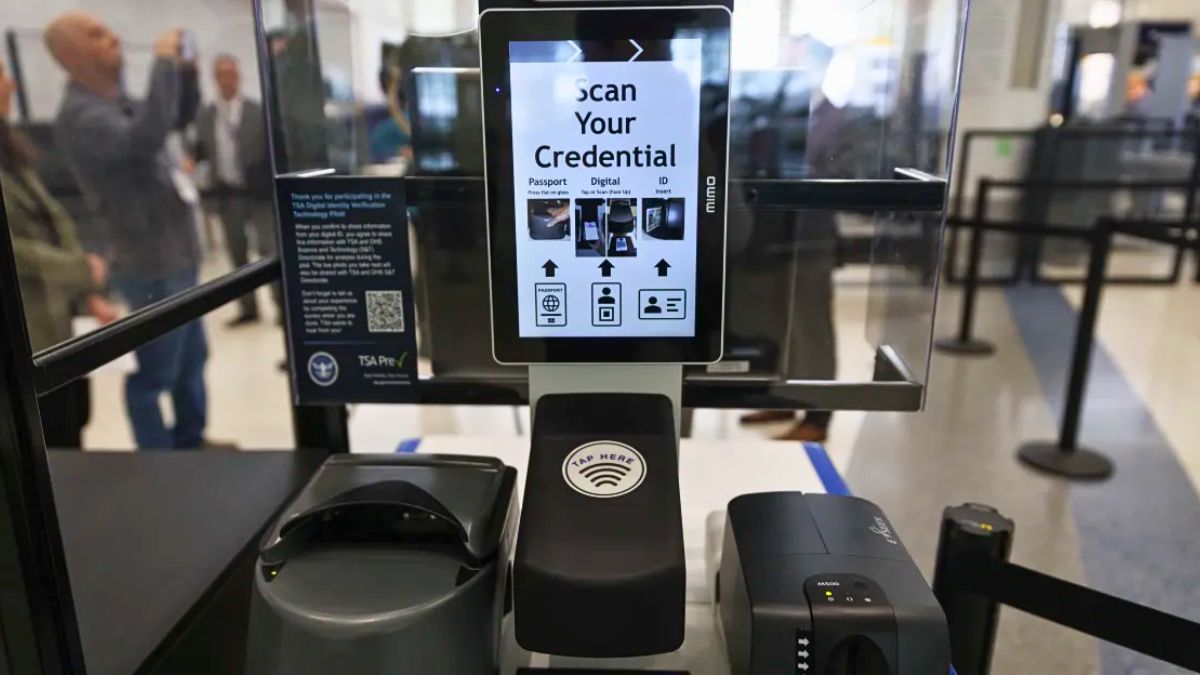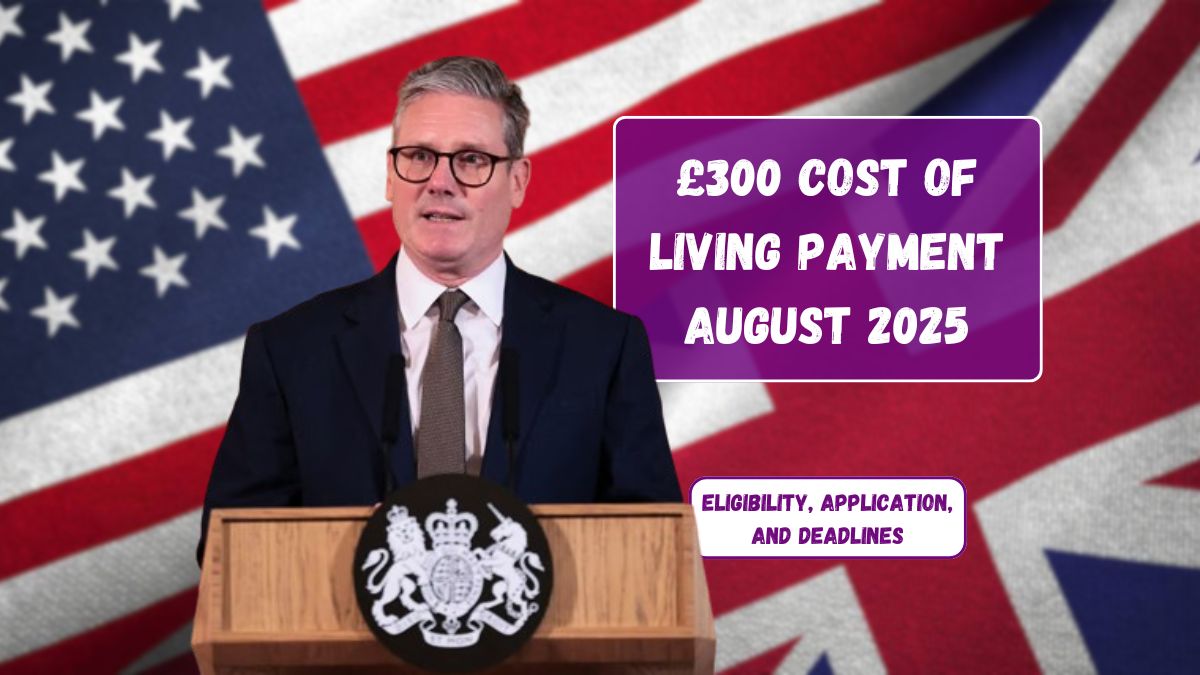Artificial intelligence isn’t just knocking on the door anymore—it’s kicking it down. And according to Bill Gates, the future we’re heading into is one where AI doesn’t just help us do our jobs; it might do them for us. This isn’t a theory. It’s something Gates says is already in motion, and it’s going to affect a lot more than just repetitive or technical work.
So, are we ready to live in a world where machines are more efficient, more available, and possibly even more accurate than we are?
Revolution
Bill Gates made headlines again when he said that the AI revolution isn’t just about new gadgets or productivity. It’s a social and ethical transformation that will change what work looks like—and maybe even who works.
Gone are the days when we assumed only factory jobs or data entry would be automated. Now we’re talking about medicine, teaching, creative fields, and decision-making roles. AI systems are evolving fast, and Gates is basically telling us to brace ourselves.
Intelligence
In a conversation with economist Arthur Brooks at Harvard, Gates said something that really stood out: “Intelligence will be completely free.” Think about that. Free and available intelligence that doesn’t need a break, a paycheck, or sleep.
We’re not talking about tools anymore. These are systems capable of solving problems, making decisions, and improving themselves. And if that’s the case, where do we fit in?
Medicine
Healthcare is one of the industries that could see the fastest transformation. Gates predicts that in just a few years, AI will outperform doctors in diagnostics. Sounds dramatic, right?
But here’s his argument: it’s not about replacing doctors, it’s about multiplying their reach. Imagine rural areas where there are no specialists. AI could provide quick, accurate diagnoses, saving time and lives. Overcrowded hospitals could rely on AI systems to handle basic tasks and triage cases. It’s a support system—but it’s still one that could change the profession entirely.
Education
Next up? Teachers.
Gates believes digital tutors will become the norm. AI will teach, assess, motivate, and even detect emotional cues in students. Custom lesson plans, real-time feedback, and one-on-one guidance for every child? It sounds amazing on paper.
But can an AI really know a student’s emotions? Can it manage classroom dynamics? Still, the potential is there, and many experts believe these systems will soon be better at identifying learning gaps than human teachers.
Concerns
Of course, not everyone is as excited about this future. Mustafa Suleyman, Microsoft’s own AI leader and author of The Coming Wave, says AI isn’t just another tool—it’s a direct replacement for human labor.
That raises a huge question: what happens to society when millions of jobs are replaced by systems that don’t need salaries or breaks? Do we riot? Do we adapt? Do we change what work even means?
Control
For now, no one’s really in control of this future. Gates says the real challenge isn’t about having the technology—it’s about deciding how we use it. In the past, the issue was access. Now, the challenge is ethics.
Will AI widen the gap between rich and poor? Will it be used for harm instead of good? And who gets to decide what “good” even means in this context?
These are questions we need to ask now, while we still have time to shape what comes next. Gates says AI shouldn’t replace us, it should challenge us to be better. But we’ll see how that plays out.
FAQs
What jobs does Bill Gates think AI will take?
Not just repetitive ones—doctors, teachers, and creatives too.
Is AI really better at diagnosing diseases?
Gates says it soon will be, especially in underserved areas.
Will AI replace teachers?
Digital tutors could take over many roles traditionally held by teachers.
What’s the main challenge with AI?
Ethics. Deciding how to use the tech, not building it.
Does everyone agree with Gates?
No. Experts like Mustafa Suleyman warn about job loss and inequality.

